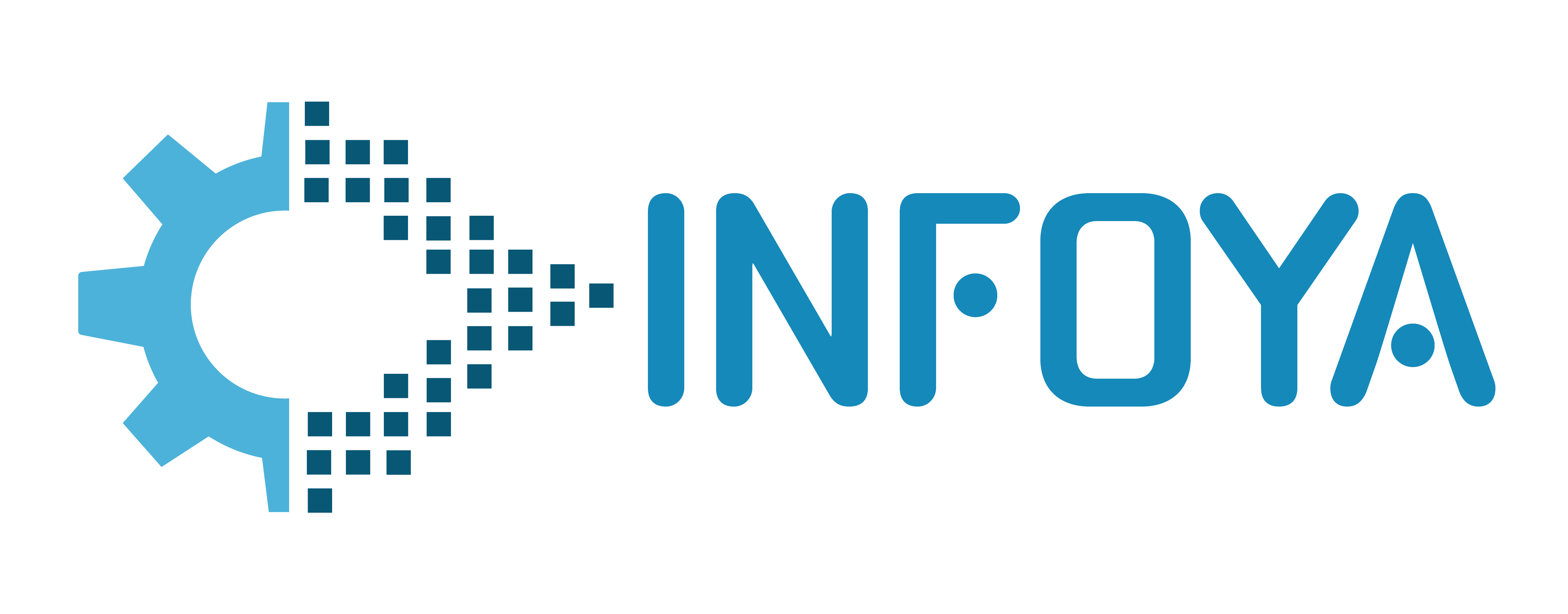biggest challenge
What is the Problem?
One of the biggest challenges facing companies today is developing and testing their applications quickly enough. Unfortunately, this task often takes up valuable time as developers wait for infrastructure to be provisioned, only discovering major bugs when it's too late - leading them back into manual interactions with an outdated delivery model that needs fixing now more than ever before. This is where DevOps comes in.
emerging set
An Emerging Solution
DevOps is an emerging set of methods and practices designed to help teams work more efficiently as they go from code change to production deployment. This software development approach aims to streamline workflow by reducing friction between developers, operations, and QA teams. In addition, by unifying the entire development process under a single umbrella term, DevOps allows these groups to focus on what matters most: the quality and speed of applications and services delivered.
The concept of DevOps is not new, but it's gained momentum in recent years as we experience an ever-increasing digital economy. Digitalization has led to more complex challenges about performance and risk management for companies across all industries – but no matter what challenge you face, there are ways around them.
The concept of DevOps is not new, but it's gained momentum in recent years as we experience an ever-increasing digital economy. Digitalization has led to more complex challenges about performance and risk management for companies across all industries – but no matter what challenge you face, there are ways around them.

The importance of DevOps
It's time you put your company on the fast track to success. With DevOps, an effective software development strategy can help any contemporary business grow and flourish. The benefits of using DevOps for your business are immense. It can help you become more agile and flexible in handling projects, especially if it's implemented with our best-in-class solutions!
Everybody is fascinated with DevOps
It may seem like a daunting process at first glance, but many companies - including Google - have managed to introduce DevOps gradually. Hence, it fits into their existing infrastructure and projects with ease. In fact, the biggest reason for introducing DevOps comes down to automation collaboration and efficiency. It's about removing the need for developers to manually set up and manage servers, databases, or other DevOps resources.
Although everything at Google is now automated - from coffee machines to server construction - it's also imperative that teams ensure their software works as intended before handing off an app to QA staff. This ensures quality within code from the very beginning. With a myriad of languages, procedures, and tools now available to developers, this process can be difficult without a unified operations platform that offers a single source of information on how well your application is performing in terms of speed and scalability. Think about it - If you were building a house, would you only have one person working on it? Probably not. You'd have different people handling design, construction, and other tasks to ensure the building was up to code. Having a team of engineers work on your project is much the same.
In fact, over time, this collaborative approach has allowed companies like Google to perfect their own delivery model by developing a range of tools that support DevOps practices. They've even introduced several internal developer programs within highly automated environments, which allow teams to introduce automation into existing projects without impacting others who might not have this flexibility just yet.
Although everything at Google is now automated - from coffee machines to server construction - it's also imperative that teams ensure their software works as intended before handing off an app to QA staff. This ensures quality within code from the very beginning. With a myriad of languages, procedures, and tools now available to developers, this process can be difficult without a unified operations platform that offers a single source of information on how well your application is performing in terms of speed and scalability. Think about it - If you were building a house, would you only have one person working on it? Probably not. You'd have different people handling design, construction, and other tasks to ensure the building was up to code. Having a team of engineers work on your project is much the same.
In fact, over time, this collaborative approach has allowed companies like Google to perfect their own delivery model by developing a range of tools that support DevOps practices. They've even introduced several internal developer programs within highly automated environments, which allow teams to introduce automation into existing projects without impacting others who might not have this flexibility just yet.

